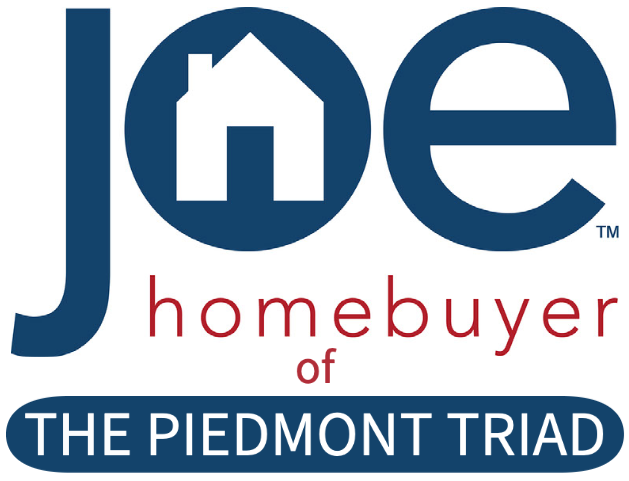Greensboro’s real estate market has long been shaped by the city’s diverse economic backbone and the consistent demand for housing. The relationship between economic fluctuations and residential property activity has become increasingly evident, with shifts in employment rates and industry expansions playing significant roles. Understanding how Greensboro’s economic condition affects real estate trends can help sellers and buyers alike navigate the changing landscape more effectively.
Job Growth and Its Influence on Demand
Recent data from the U.S. Bureau of Labor Statistics indicates that Greensboro’s unemployment rate has been on a gradual decline, hovering around 4% in mid-2024. This improvement in the job market has been propelled by corporate investments and expansions in the area, with both established companies and start-ups recognizing the city’s potential. The rise in employment opportunities often correlates with higher consumer confidence, leading more individuals to consider homeownership as a viable option.
As Greensboro’s workforce grows, there is an increased need for housing that accommodates a range of budgets and preferences. Professionals moving to the area in pursuit of new opportunities frequently search for properties close to job centers or with easy access to transportation routes. This demand not only lifts prices in neighborhoods near major employers but also creates competition that can benefit sellers, who often receive multiple offers on well-priced homes.
Housing Demand Drivers
Beyond job growth, Greensboro’s relatively affordable cost of living has played a big part in sustaining a vibrant housing market. The influx of students and faculty from local universities, such as the University of North Carolina at Greensboro and North Carolina A&T State University, consistently fuels demand for rental properties and entry-level homes. Meanwhile, new residents arriving from higher-priced markets are drawn to Greensboro’s lower property taxes and the prospect of larger homes for the same investment they would make elsewhere.
Transportation infrastructure improvements have also bolstered housing demand. Updates to highway systems and ongoing investments in public transit make commuting more manageable, encouraging people to settle in areas they might have once considered less accessible. In addition, the city’s cultural offerings—from museums to performing arts centers—serve to attract families and young professionals seeking both career advancement and an engaging lifestyle.
Challenges for Sellers
While the local economy has generally had a positive effect on Greensboro’s real estate, sellers are not immune to hurdles. One issue is the limited inventory of desirable homes in certain segments of the market. This short supply can spark buyer frustration and prolong the time sellers must wait for offers if they happen to be selling properties that require repairs or are priced above market norms.
Interest rate changes also pose challenges. Even though Greensboro’s market remains more affordable than in many metropolitan areas, rising rates can dampen buyer enthusiasm and reduce purchasing power. When financing costs increase, some prospective buyers delay their decision to enter the market, curbing the speed at which properties sell. Sellers must remain ready to adjust listing prices or improve the overall appeal of their homes to attract cautious buyers.
Opportunities for Sellers
Despite these challenges, Greensboro’s economy creates several advantages for homeowners looking to sell. The steady flow of newcomers drawn by employment opportunities encourages diverse demographic segments to enter the market, ranging from first-time buyers to retirees seeking a relaxed yet culturally active environment. This wide pool of purchasers can lead to increased competition, especially for well-located or move-in-ready homes.
Moreover, forecasted commercial developments and continued job growth show the potential for property values to rise further. Sellers who invest in modest home improvements—such as energy-efficient upgrades—can often see strong returns, as buyers seek cost savings and modern amenities. By understanding local economic trends, sellers can strategically time their listings to coincide with peak market energy, capitalizing on heightened buyer interest.
The impact of Greensboro’s local economy on home sales is multidimensional, shaped by evolving job opportunities, stable housing demand drivers, and the city’s overall affordability. While sellers might encounter obstacles tied to limited inventory and shifting interest rates, the consistent stream of incoming residents provides a robust market for well-priced, appealing properties. As developments in infrastructure, corporate relocations, and education continue to fuel the local economy, Greensboro’s real estate market stands poised for steady growth. By staying informed about economic indicators and understanding the factors shaping consumer behavior, sellers can position themselves to take advantage of emerging opportunities in the city’s dynamic housing sector.
If you’re looking for a speedy, cash-based offer on your Greensboro property, contact Joe Homebuyer of the Piedmont Triad today.
